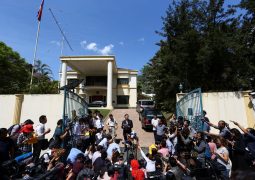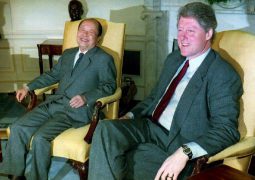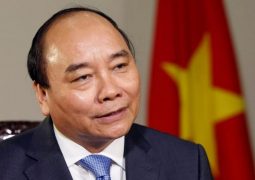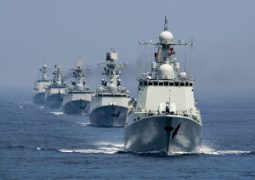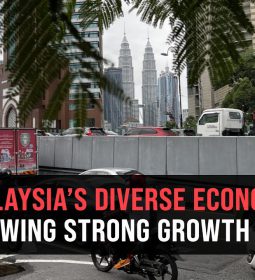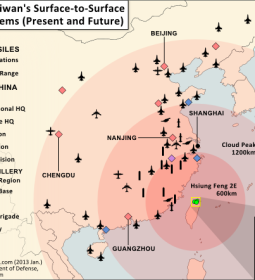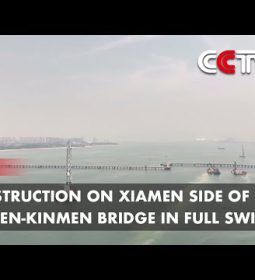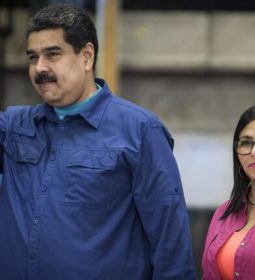Japan is trying to articulate its military resources to South Asia in linking with Manila

Japan, Philippines to boost military ties amid ‘severe’ environment
Japanese and Philippine defence chiefs agree to launch ‘strategic dialogue’ amid concerns over China’s moves in region.

Japan and the Philippines have agreed to boost military cooperation amid mutual concern over China’s growing assertiveness in the region.
Japanese Defence Minister Gen Nakatani and Philippine Defence Secretary Gilberto Teodoro, Jr said on Monday they had agreed to establish a “strategic dialogue” between their countries’ militaries and a “high-level framework” for defence equipment and technology cooperation.
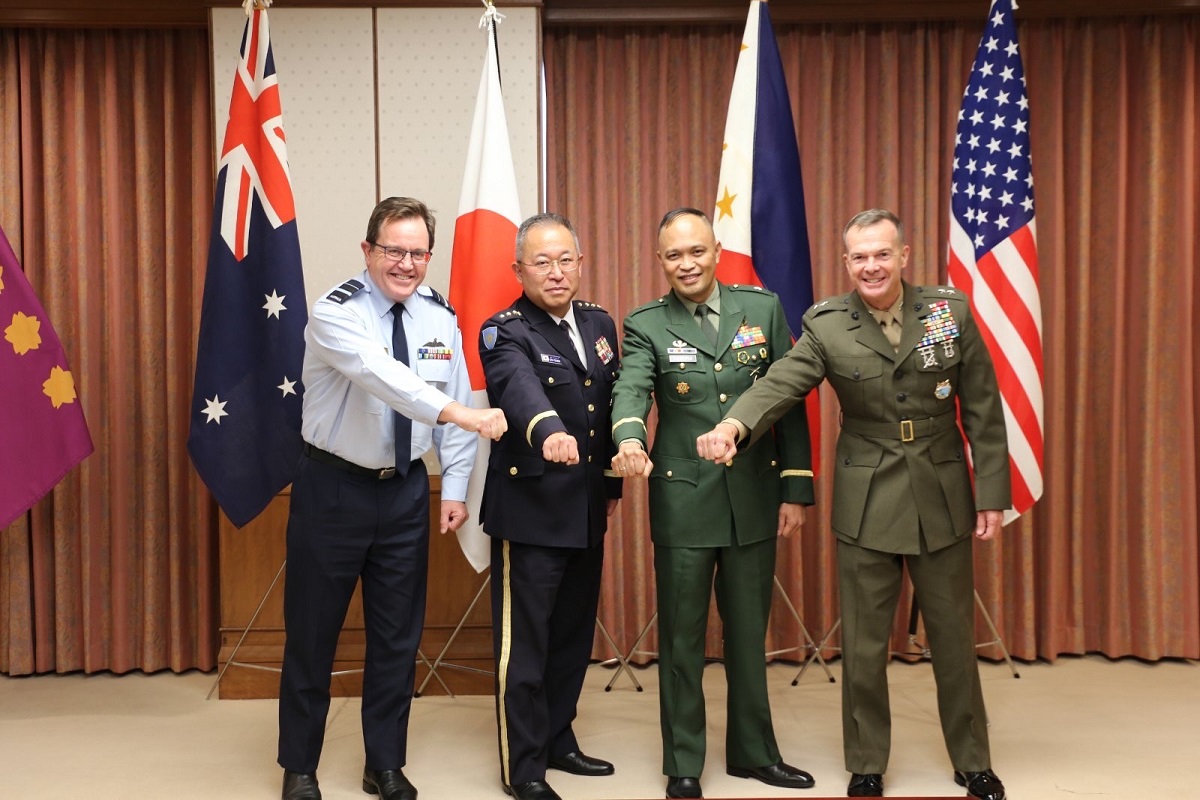
Speaking at a news conference to mark the conclusion of a two-day visit to the Philippines, Nakatani said he and Teodoro agreed on the need to enhance cooperation to “maintain peace and stability” in the region.
“We firmly concurred that the security environment surrounding us is becoming increasingly severe and that it is necessary for our two countries, as strategic partners, to further enhance defence cooperation and collaboration in order to maintain peace and stability in the Indo-Pacific under such a situation,” Nakatani told reporters.
Before the meeting on Monday, Teodoro said the two countries shared the common cause of opposing “unilateral attempts by China and other countries to change the international order and the narrative”.
Japan and the Philippines, which have mutual defence treaties with the United States, have been among the most vocal critics of Beijing’s efforts to exert control over the South China Sea, which is estimated to carry about one-third of global shipping.
China has laid claim to more than 90 percent of the waterway, where the Philippines, Vietnam, Taiwan, Malaysia and Brunei all have competing territorial claims.
A 2016 r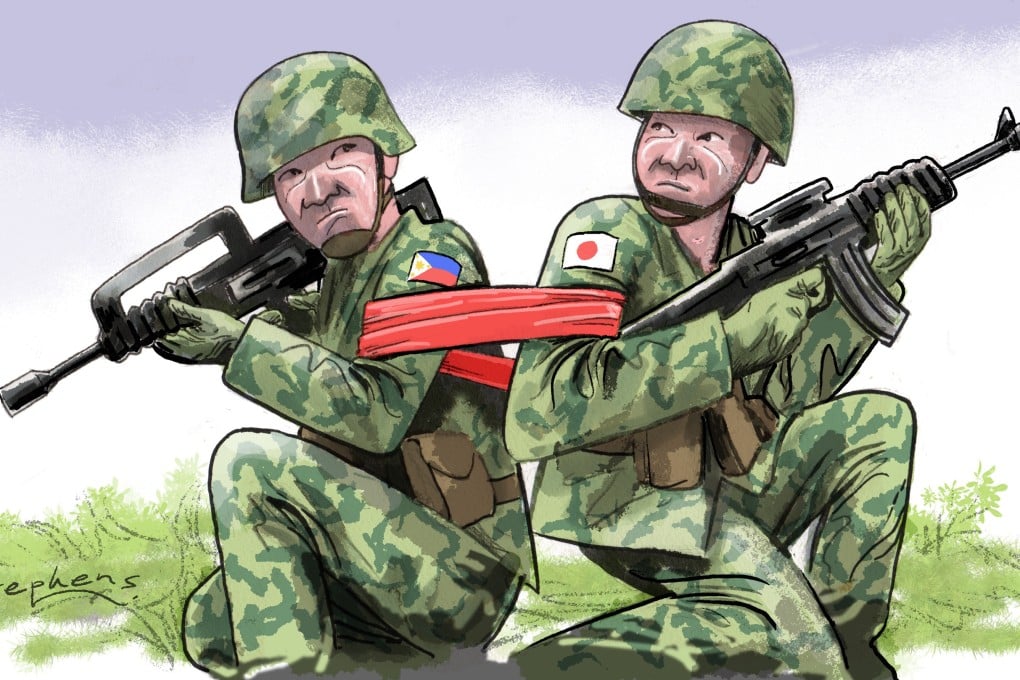 uling by an international tribunal at The Hague found that Beijing had no legal justification for its claims and that it had violated international law by harming the natural environment and interfering with Philippine fishing and oil exploration.
uling by an international tribunal at The Hague found that Beijing had no legal justification for its claims and that it had violated international law by harming the natural environment and interfering with Philippine fishing and oil exploration.
Beijing said at the time it did not “accept or recognise” the ruling, calling it “invalid”.
Last week, the Philippine Presidential Office for Maritime Concerns accused the Chinese navy of endangering lives after it flew a helicopter within 3 metres (10 feet) of a surveillance plane carrying journalists over the disputed Scarborough Shoal.
China’s military accused Manila of “hyping and smearing” lawful actions after the Philippine aircraft had “illegally intruded” into Chinese airspace.
“Ours is a special friendship whose value is beyond any measure,” declared former Philippine president Rodrigo Duterte during a meeting with then Japanese Prime Minister Shinzo Abe in 2017. Just months earlier, Duterte had thanked Tokyo for “really be[ing] our biggest helper”, underscoring Japan’s status as the largest source of aid and investment in recent years.
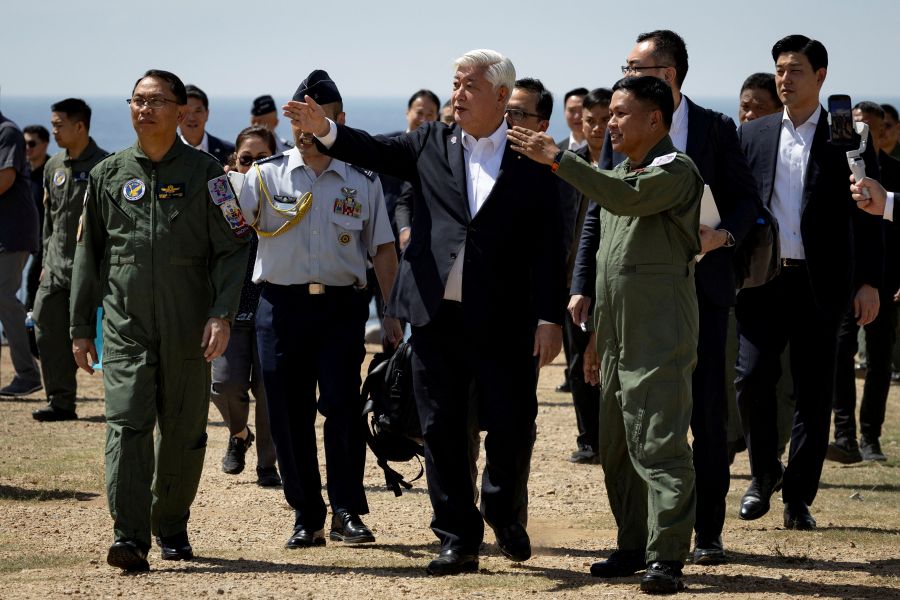
Far from an isolated case, Japan has been held in high regard by all contemporary Filipino leaders. Former president Benigno Aquino visited Japan as many as six times during his term in office to expand strategic cooperation.
https://www.scmp.com/comment/opinion/article/3211768/philippines-and-japan-look-upgrade-defence-ties-not-everyone-enthusiastic-about-it
- Previous This year Ramadan starts on night of 28th of February 2025
- Next Trump brutally humiliates Emmanuel Macron on visit to White House




